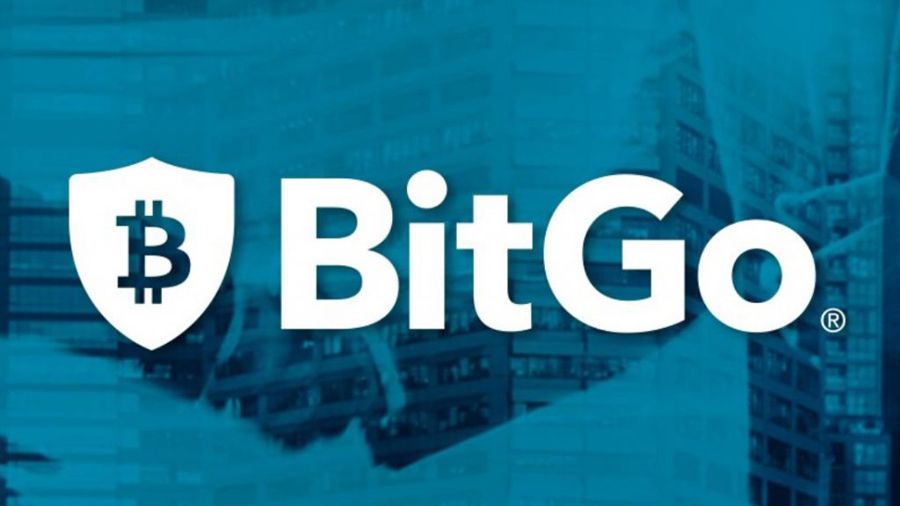The custodial service BitGo integrates a tool into cryptocurrency wallets that ensures compliance with the requirements of the Financial Action Task Force on Combating Money Laundering (FATF).
BitGo company announced that it was the first cryptocurrency wallet operator with a built-in API that will allow you to transfer additional information about users and their transactions. The new BitGo tool aims to increase transparency and meet the requirements for virtual asset service providers (VASPs). According to FATF requirements, service providers, wallet operators and exchanges are required to exchange data at each transfer of assets between sites.
BitGo Product Development Manager Chris Metcalfe said that BitGo is using the Intervasp Messaging 101 (IVMS101) standard introduced by InterVASP in May. This standard defines a universal model for the exchange of data between VASP and their customers (senders and receivers of transactions) for each transaction. Metcalf said that the advanced BitGo API is ready to receive relevant information, and customers can provide all the necessary data when sending a request for a transaction.
Metcalf added that clients should not have technical problems with the integration of the API. Moreover, customers will not be required to provide data according to the Travel Rule principle if the amount of several transactions does not exceed $ 1000. BitGo management reported that it did not work directly with the FATF, however, for more than a year, it worked with various working groups and regulators to ensure compliance with FATF rules.
The FATF issued recommendations on virtual assets in June 2019, but the agency’s order officially took effect last month. At the same time, the organizer of the InterVASP Messaging Standards Joint Working Group, Siân Jones, believes that all players in the cryptocurrency industry will not soon fully comply with these requirements.
In February, the G20 countries called for the speedy implementation of the FATF cryptocurrency regulation recommendations so that criminals could not use them to launder money, circumvent sanctions and existing control measures.







